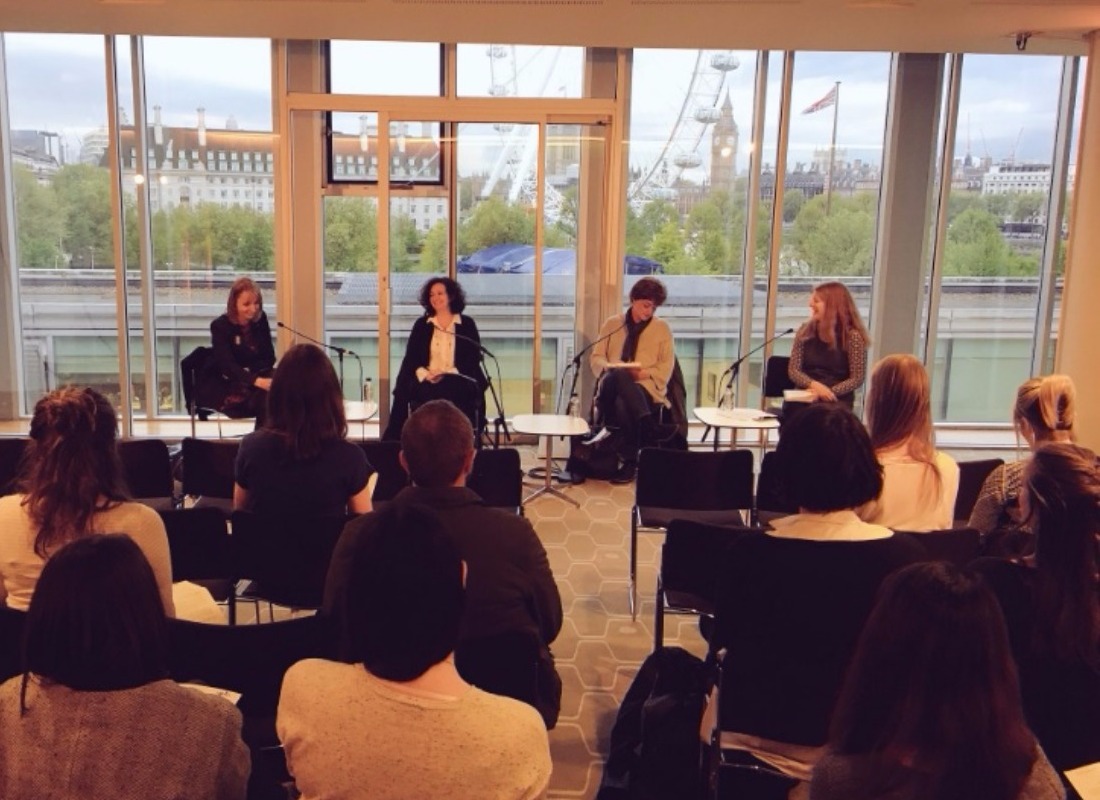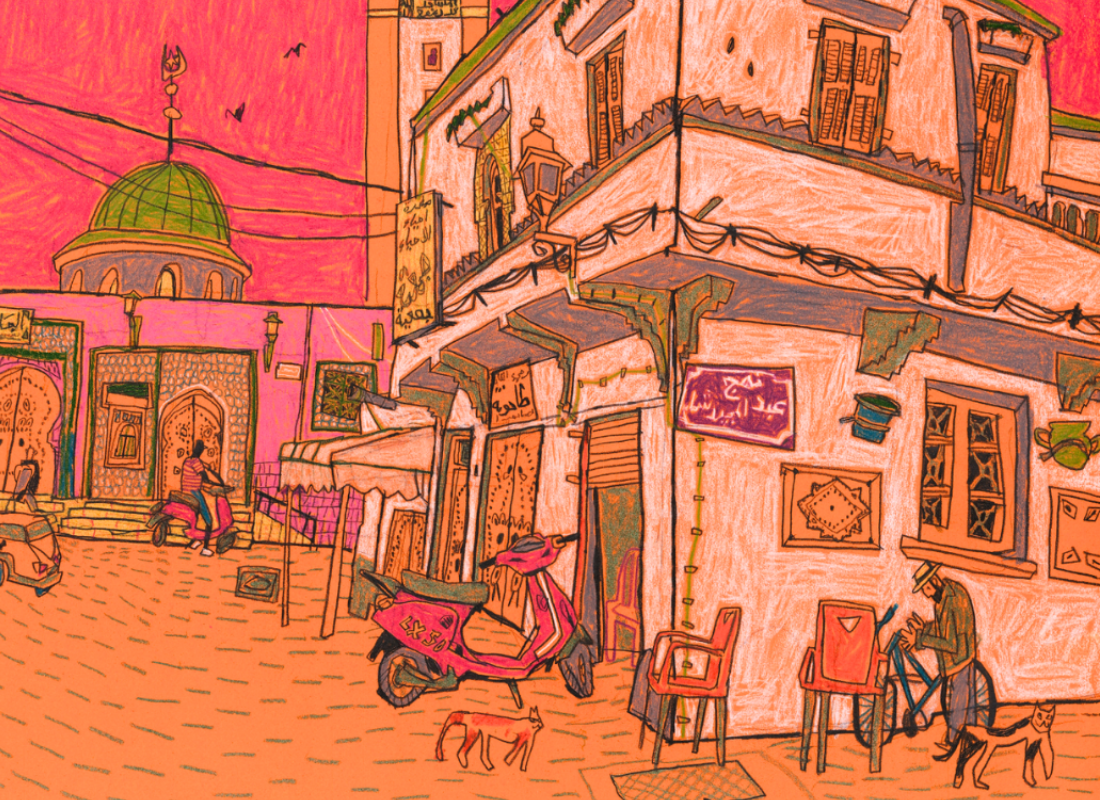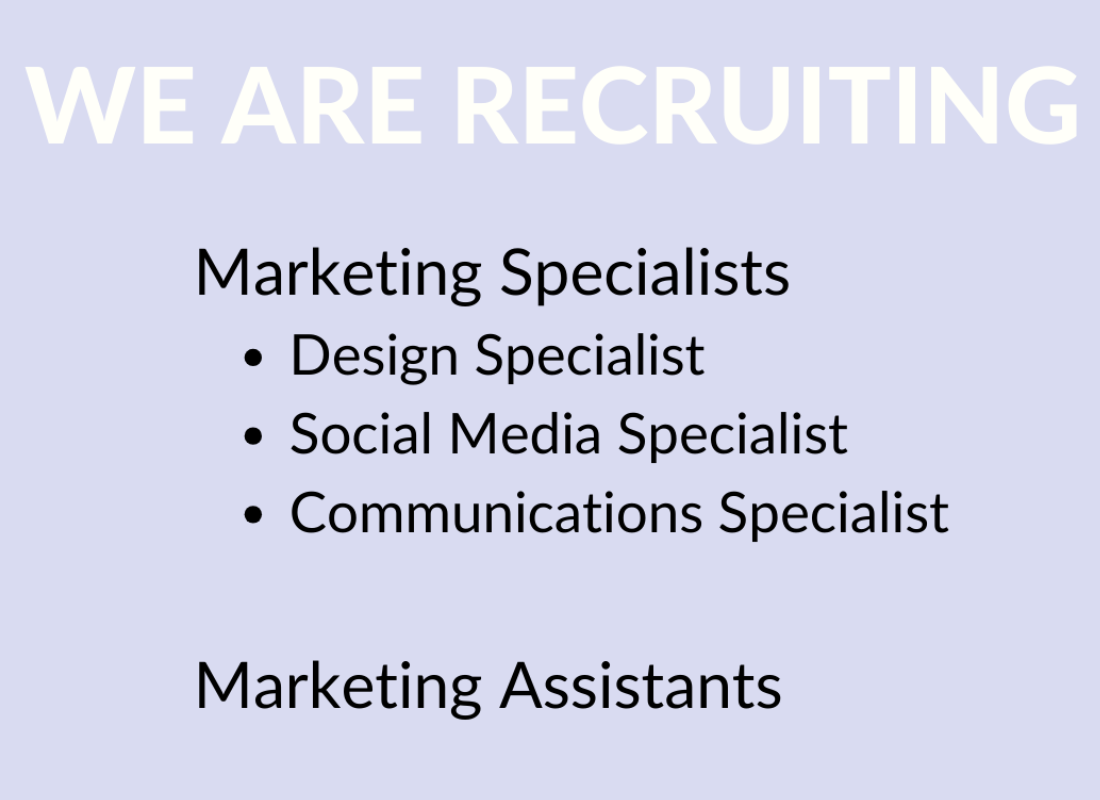
Gabrielle Young, currently a Research Assistant at the Audience Agency, attended our Creative Cities event last week and wrote a round-up of the conversation. Her blog (originally published here) lists the highlights of the panel discussion and is followed by some reflections from panel chair Penny Mills, Consultancy Director (London) at the Audience Agency.
The venue chosen for this Young People in the Arts talk fit its theme perfectly: on the fifth floor of the Southbank Centre, the room overlooked the London Eye and Big Ben, and sounds from that evening’s performance of Stephen Farr’s organ recital in the Royal Festival Hall drifted through the partition wall. The stage was set to discuss creative cities and why location matters to the arts.
Penny Mills, Consultancy Director (London) at Audience Agency and chairing the talk, started off by reminding us that culture is at the heart of cities and places – an idea essential to this event. The first speaker, Laura Dyer, Deputy Chief Executive for Places & Engagement at Arts Council England, told us that where people live, directly impacts their opportunities and experiences of art, and how they deal with and perceive culture. She reminded us that this is key to Arts Council’s manifesto to make great art accessible to anyone, anywhere.
This led on perfectly to Fran Hegyi, Executive Director at Hull 2017, the UK City of Culture, who gave a quick background of Hull’s history and touched upon its current cultural regeneration. She was clear that although culture on its own doesn’t solve socio-economic problems, it can help. Fran noted that two thirds of the team working on Hull 2017 was local to the city. Recruiting locally was important to increase local skills in arts, therefore leaving a legacy with economic impacts. The initiative is not only responsible for creating an artistic programme, but for participating in an economic sense. On a social scale, this is being done through involving the local community in creating art projects in their city as well as by physically welcoming them, with an invite to the opening week posted through every single door in Hull.
Helen Marriage, Artistic Director of Artichoke, has first-hand experience of the transformative power of culture on people and place. She recounted tales of the various projects Artichoke has implemented in cities that did not seem favourable to culture. A great storyteller, her description of the way Artichoke’s projects had impacted populations, in particular in Derry-Londonderry (Temple) and Durham (Lumiere Festival) were vivid and informative – I highly recommend reading more about these on Artichoke's website. She insisted that what makes great culture is the audience, rather than the place, explaining that Artichoke’s mission was about transforming physical spaces into something unrecognisable, showing that this can be done almost anywhere.
For me, the takeaway message of this talk was the idea – told under different guises by each of the speakers – that culture changes perceptions of places, and, crucially, that it is a “catalyst for reinvention†(as Helen put it). Culture’s power, when harnessed and developed in and around places, can create something truly wonderful. From a renewed sense of pride in someone’s hometown, to generating new ideas and meaningful change, and championing inclusivity and diversity.
As we sat in the Southbank Centre, one of the world’s most renowned cultural institutions, looking past the London Eye to the Houses of Parliament, I couldn’t help but agree.
Reflections on the event from Penny Mills, Director of Consultancy (London):
This was an inspiring event. All of the speakers spoke in one way or another about how they have found creative ways of understanding and engaging people – the people who make the place. How they discovered or searched out ways of ‘unlocking’ things – finding the right words, the right person or organisation that were a doorway through which people would be happy to come.
This invitation is crucial, particularly how it arrives, so that you avoid a sense of ‘the culture coming to town’, to avoid making assumptions and to ensure you are given licence to proceed. You need to start with the diversity of people who live there, embed a legacy and understand a place to make things stick.
Ultimately, it's about the art of making the seemingly impossible, possible through inspiring interest and passion. Negotiation skills are essential as is learning as you go (often from mistakes). Then you can truly transform people and places for those who live there, or who want to live there.
Finally, it was all about giving up control and handing over ownership using arts and culture as the quiet catalyst. Although, we need to identify ways of evidencing this activity so that we can do more of it (the subject of another panel discussion perhaps...).




.0af71f.jpg)
.ec8cc4.png)